RSV can lead your child to develop pneumonia and have trouble breathing
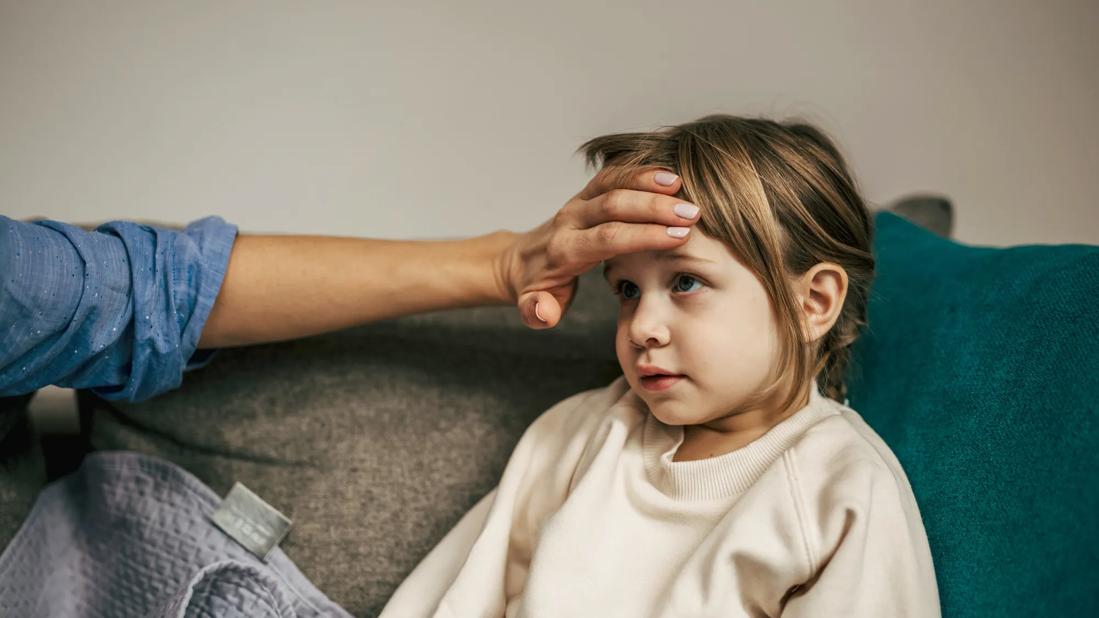
It’s a dilemma that can baffle even the most seasoned parents: Your child is miserable with a cough and fever. You don’t want to race to the doctor if a run-of-the-mill virus is the culprit and all you can do is have them rest and drink fluids. But you also don’t want to delay and risk allowing a more serious condition to take hold.
Advertisement
Cleveland Clinic is a non-profit academic medical center. Advertising on our site helps support our mission. We do not endorse non-Cleveland Clinic products or services. Policy
How do you know when your child’s illness is something serious like respiratory syncytial virus (RSV) or pneumonia, for instance?
Fever and cough are common symptoms for these and a host of less serious maladies, says pediatrician Amy Sniderman, MD. But there are some signs that your child may be dealing with one or the other.
Dr. Sniderman walks us through common symptoms you should watch for and why you should reach out to your doctor whenever these symptoms arise.
RSV and pneumonia share some similarities, but there are notable differences between these two conditions.
RSV is a highly contagious respiratory infection caused by a virus. It typically surges in fall, winter and early spring, and can affect both children and adults. Because it’s a virus, it typically goes away on its own — meaning treating RSV at home often revolves around getting plenty of rest, drinking fluids and managing your fever.
But the longer an RSV infection lingers and the more severe your RSV infection, the higher the chance it can spread from your upper respiratory tract to your lower respiratory tract and your lungs, leading to more severe infections like bronchitis or pneumonia.
RSV can be more serious in young children, especially infants, so be sure to check in with your healthcare provider if you suspect RSV in your young child.
Advertisement
Pneumonia develops when tiny sacs (alveoli) become inflamed in your lungs as a result of a bacterial, viral, fungal and even protozoal infection. When these sacs become inflamed, they fill with fluid, making it more difficult for oxygen to travel from your lungs into your bloodstream, which makes it harder for you to breathe.
Pneumonia, itself, isn’t contagious, but whatever virus or bacteria caused it can spread to others for up to three weeks. Fungal infections that cause pneumonia aren’t contagious because they don’t spread from one person to another like viruses or bacteria. Treating pneumonia involves treating the underlying condition and often requires some form of breathing treatment like:
“RSV and pneumonia can both get quite serious if left untreated, so be sure to check in with your healthcare provider if the symptoms seem more serious than a typical cold virus, if there’s a lingering fever for three or more days, if your child is having trouble breathing or if you have any other concerning symptoms,” advises Dr. Sniderman.
RSV often starts out subtle, with mild symptoms that appear similar to a common cold, like:
“RSV tends to produce a lot of mucus, so you can help keep your child comfortable by encouraging them to blow their nose, or by using a nasal suctioning device to remove mucus from your young child’s nose,” Dr. Sniderman says.
These symptoms may resolve on their own within a week or two. But RSV is often much more serious in infants, young children and older adults, especially if they’re immunocompromised or have other underlying health conditions like asthma.
More severe symptoms may include:
If your child presents any of these symptoms, she recommends making an appointment with your pediatrician right away or heading to the nearest emergency department if the symptoms are severe.
Many of the symptoms of RSV — like fever, chills, rapid breathing and decreased appetite — also show up with pneumonia. These can come on slowly or happen overnight. But other symptoms tend to be much more common with pneumonia than RSV, including:
Advertisement
“With pneumonia, your child will act sicker than with a normal cold,” Dr. Sniderman says.
If you suspect your child has pneumonia, contact their healthcare provider right away. Usually, doctors can diagnose pneumonia by examining your child, but sometimes, a chest X-ray is also necessary.
RSV and pneumonia symptoms can overlap, so diagnosis can be tricky. But don’t feel as though you need to diagnose your child on your own. If your child is having trouble breathing, coughing anything up or experiencing any serious symptoms, make an appointment with a healthcare provider right away to make sure they’re getting the right treatment before things get worse.
“If your child is feeling ill and you are worried about them, you should call their doctor,” says Dr. Sniderman. “That’s what we’re here for.”
And depending on your child’s age and level of risk, they may even be able to get an RSV vaccine and/or pneumonia vaccine to reduce the risk for either illness.
Advertisement

Sign up for our Health Essentials emails for expert guidance on nutrition, fitness, sleep, skin care and more.
Learn more about our editorial process.
Advertisement

Getting extra rest, drinking fluids and taking over-the-counter medications can help your little one bounce back

The first year of the RSV immunization program brought promising results

Respiratory syncytial virus spreads easily through respiratory droplets spewed out by those who are infected
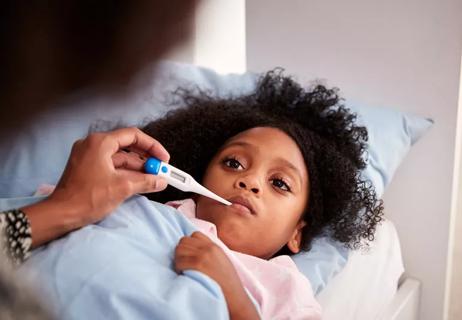
It comes down to a wheeze, a fever and long-term effects
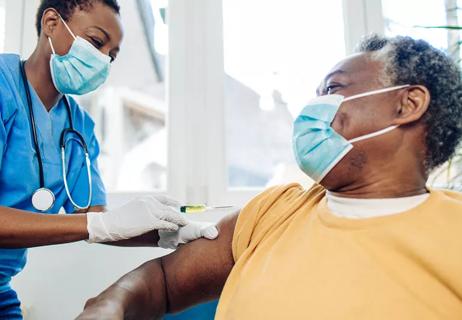
Adults 60 or older, pregnant women and babies may be eligible for protection against RSV
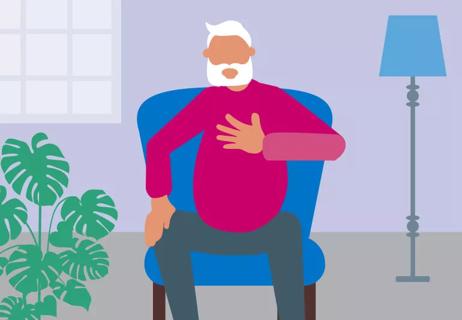
Taking extra precaution during RSV season can be lifesaving
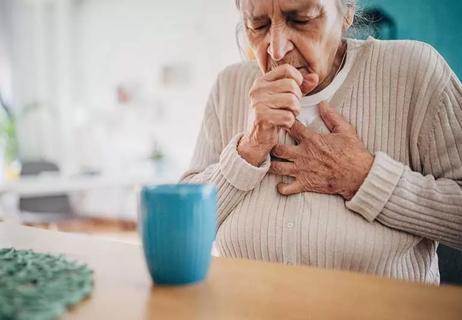
Our most at-risk populations are still highly affected by RSV
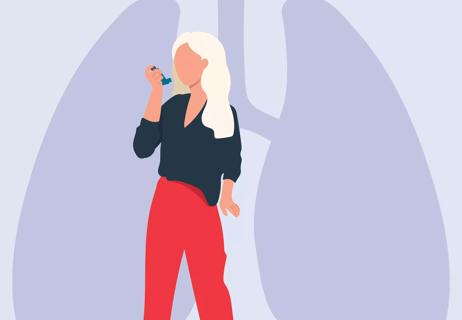
People with certain pre-existing medical conditions have increased risk factors

Even small moments of time outdoors can help reduce stress, boost mood and restore a sense of calm

A correct prescription helps your eyes see clearly — but as natural changes occur, you may need stronger or different eyeglasses

Both are medical emergencies, but they are very distinct events with different causes